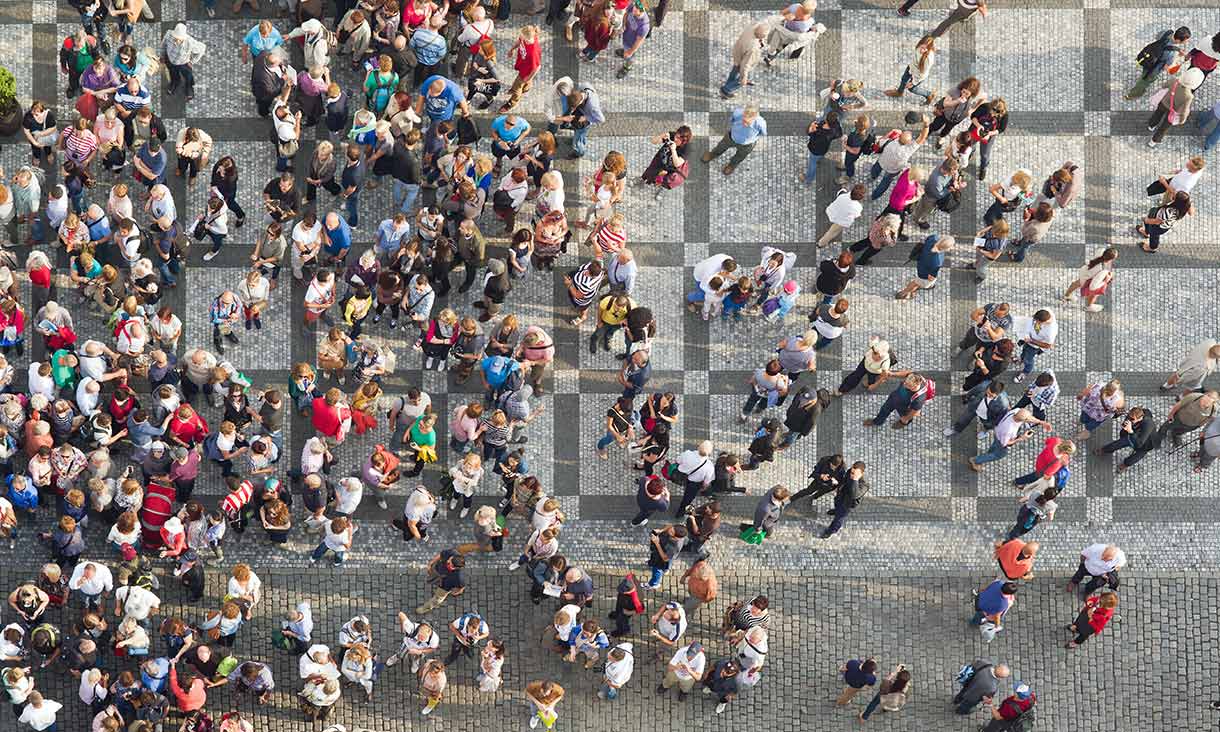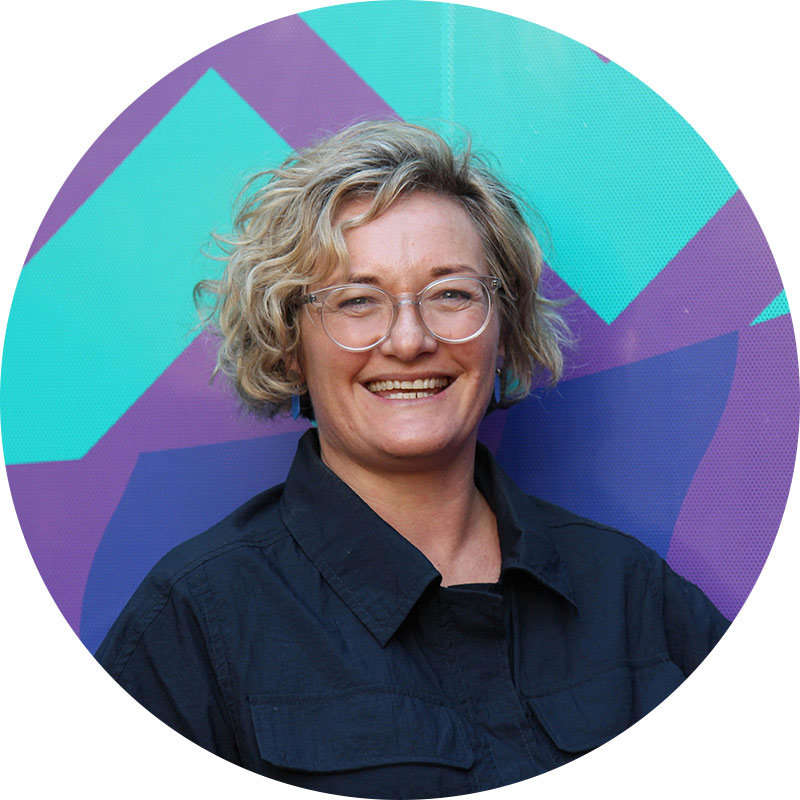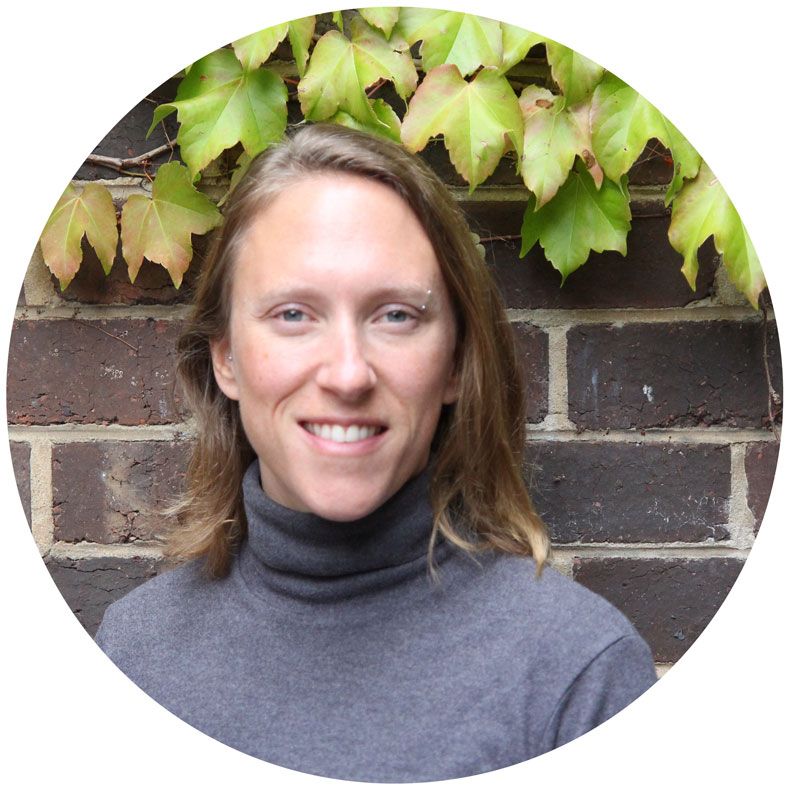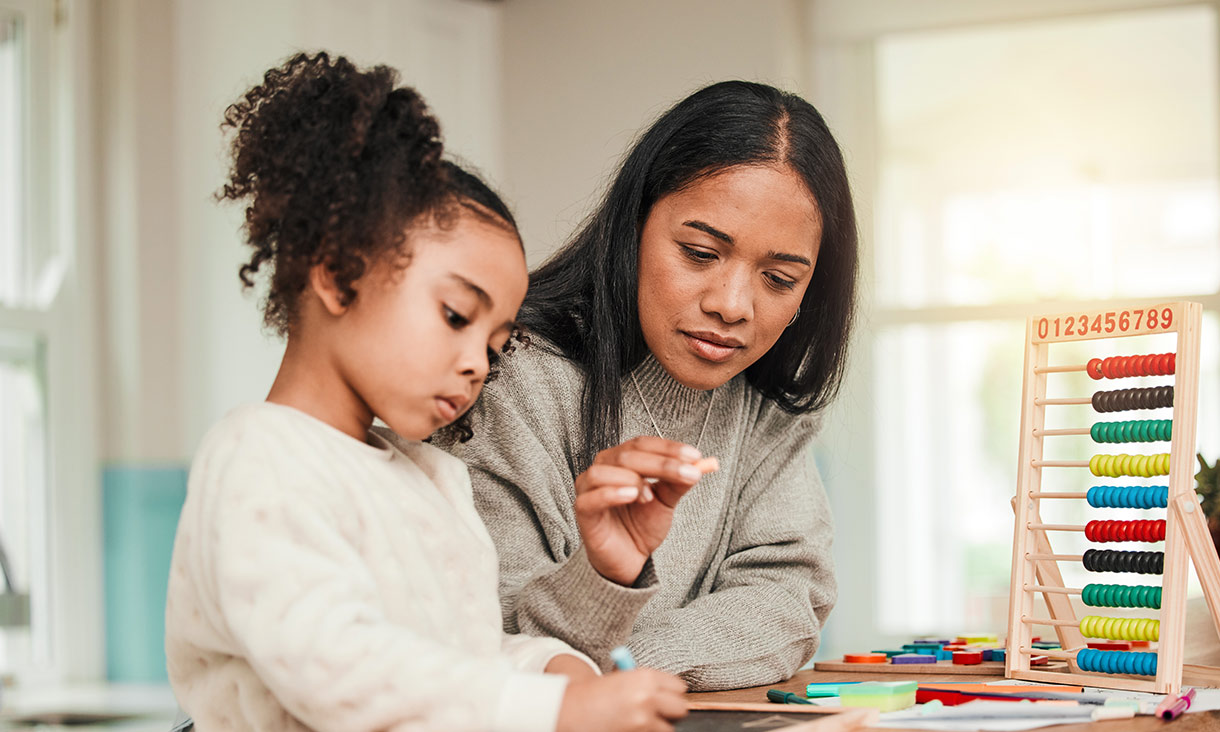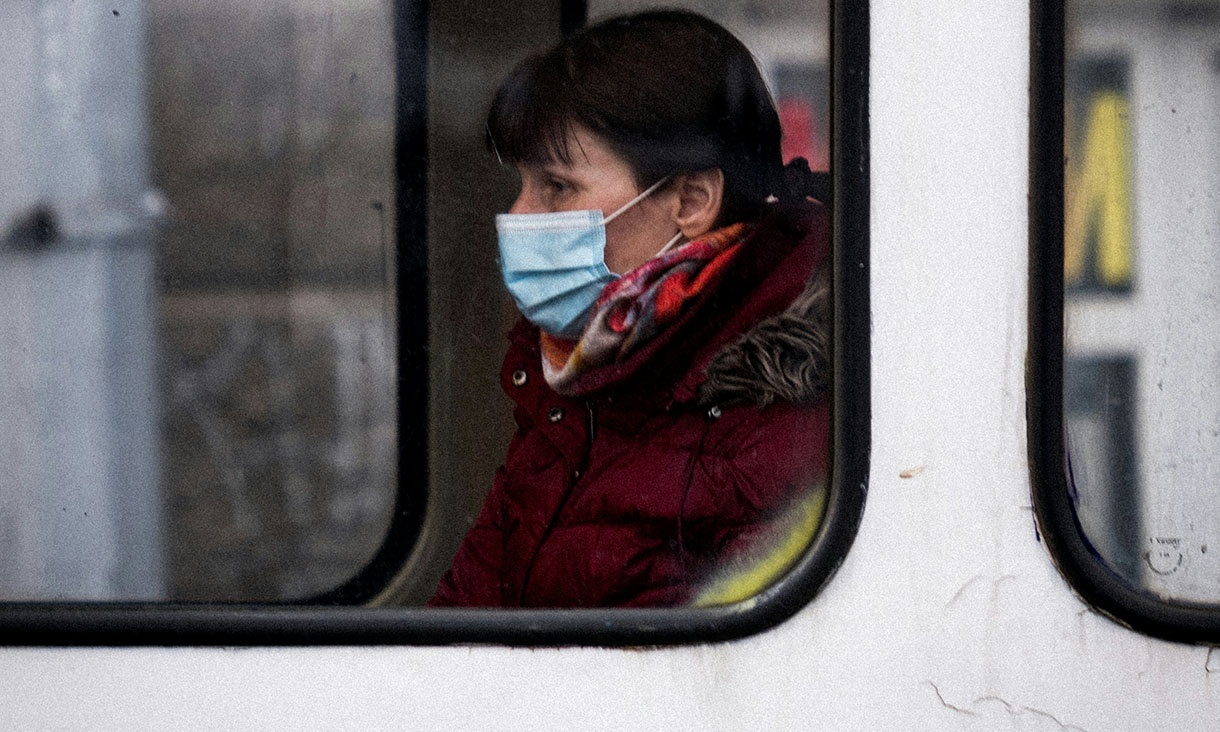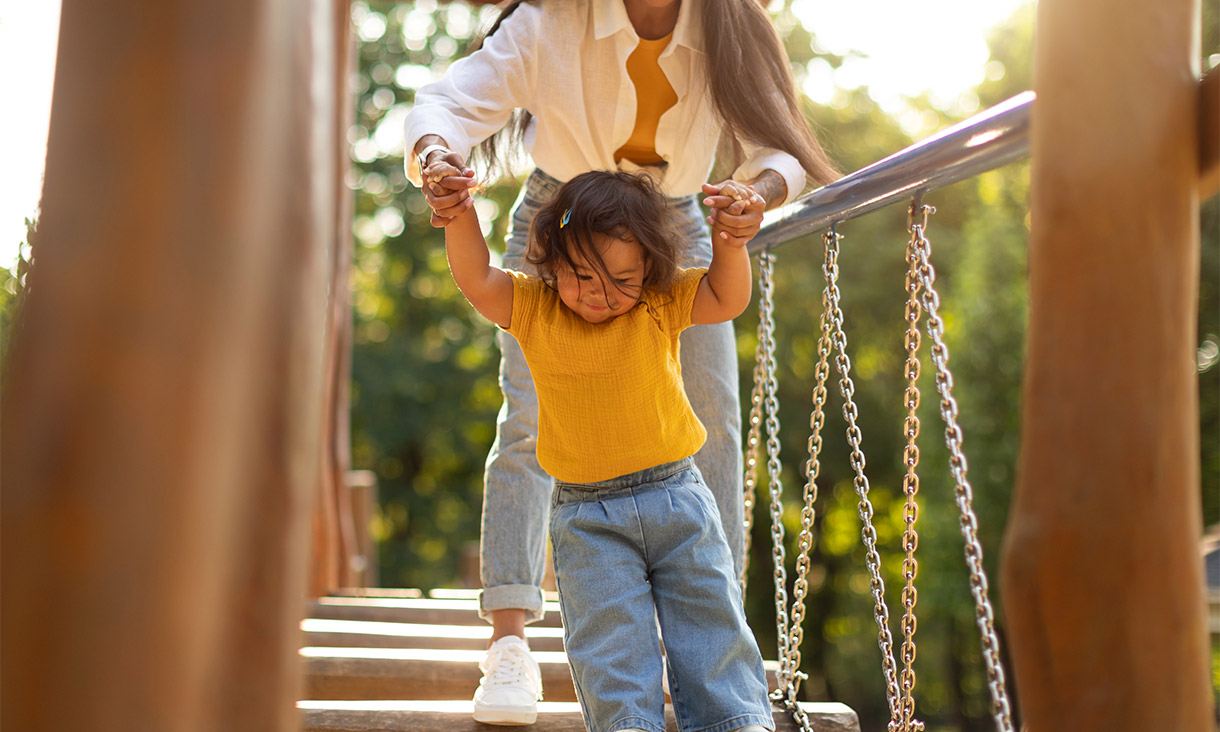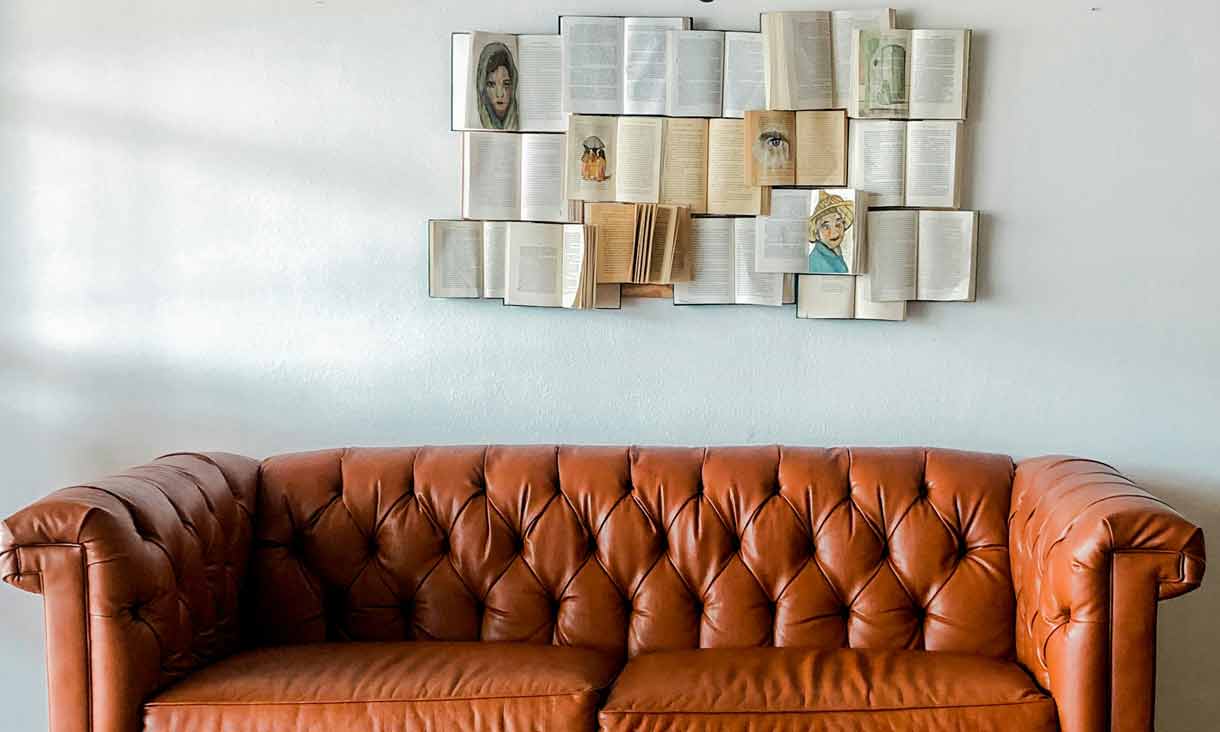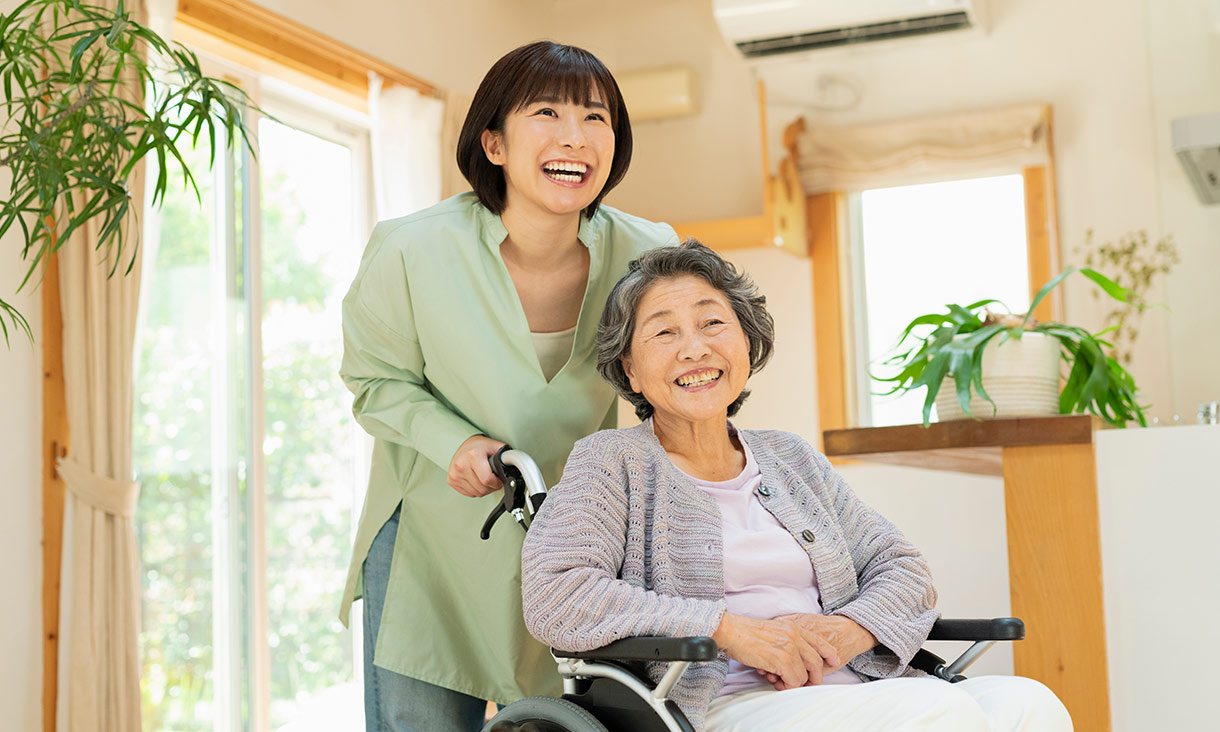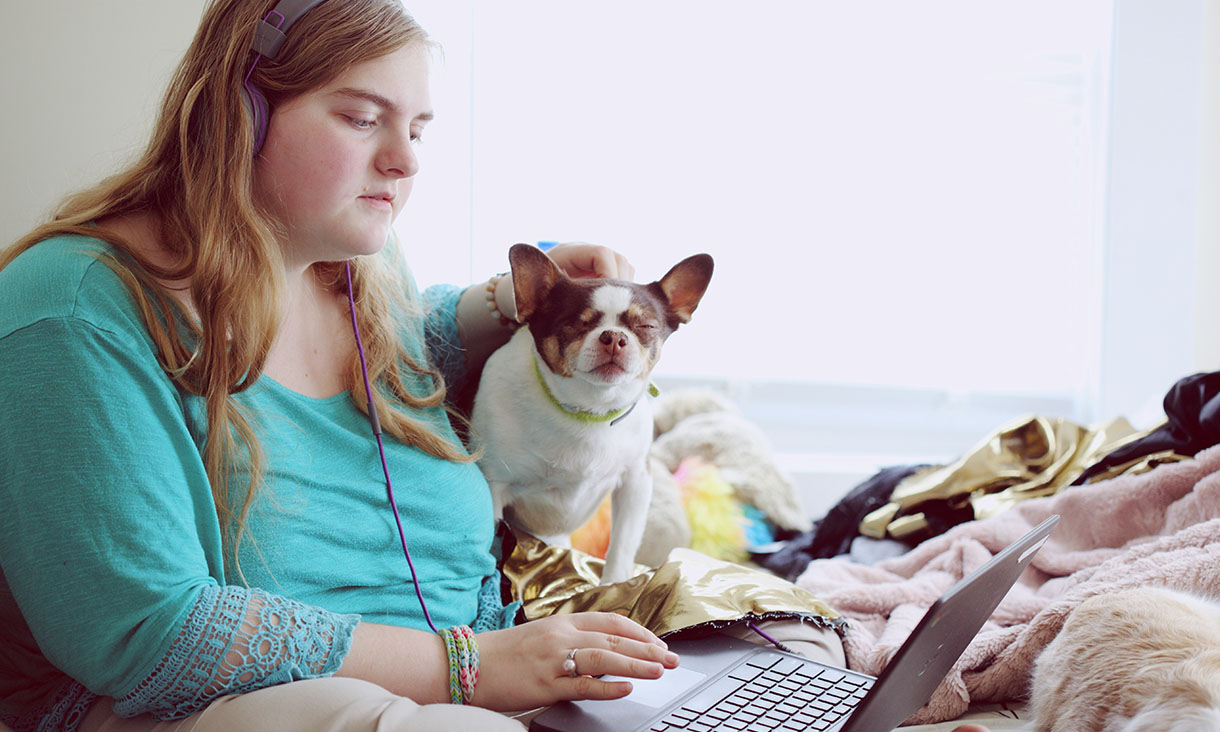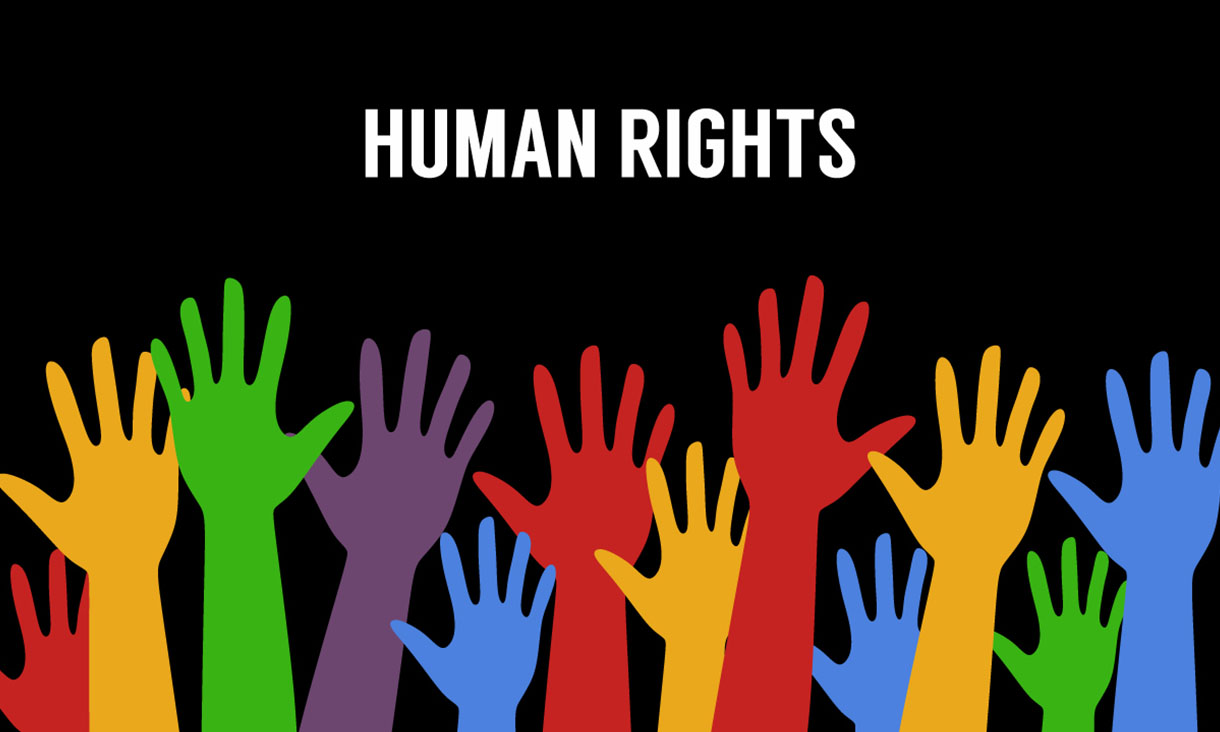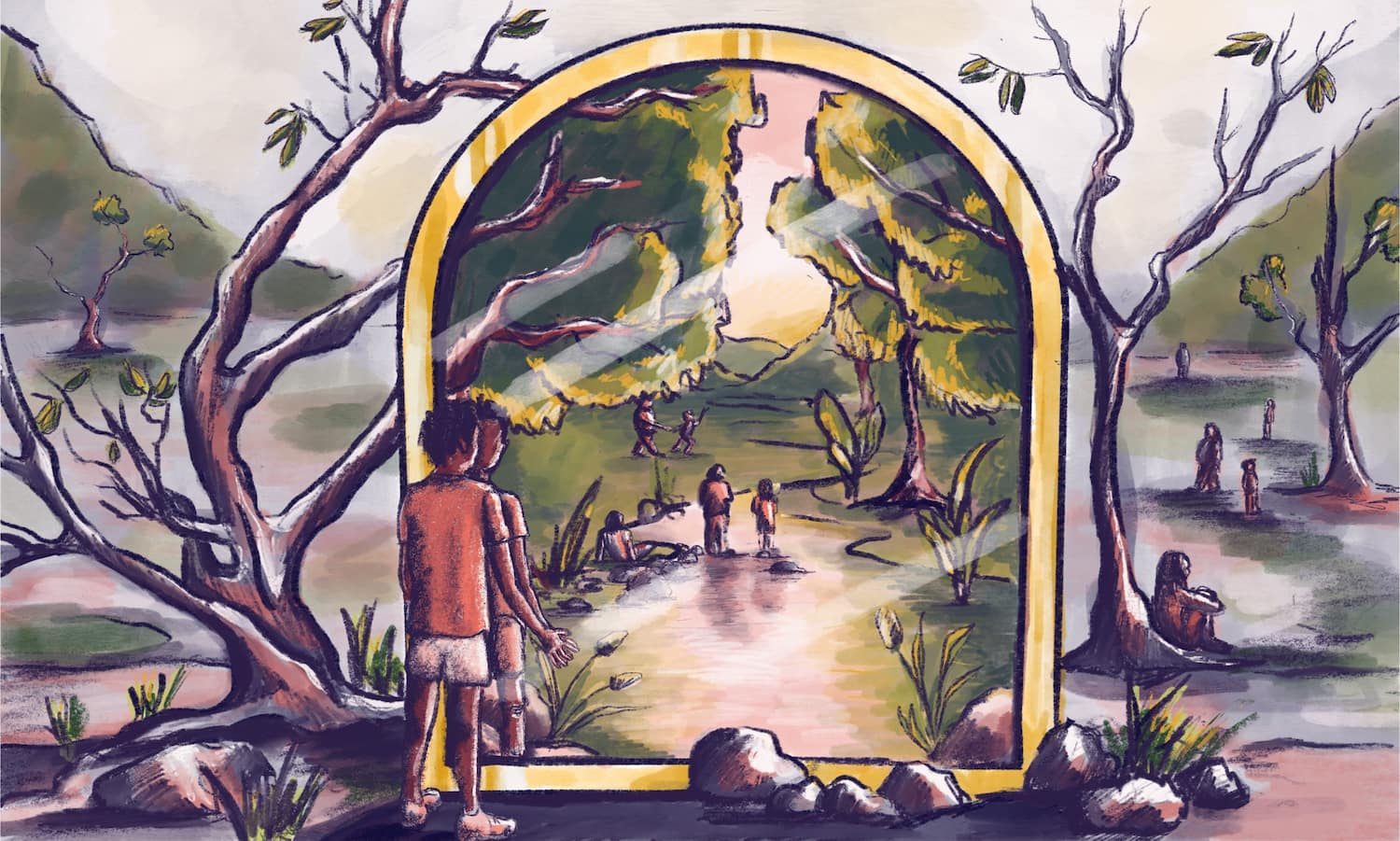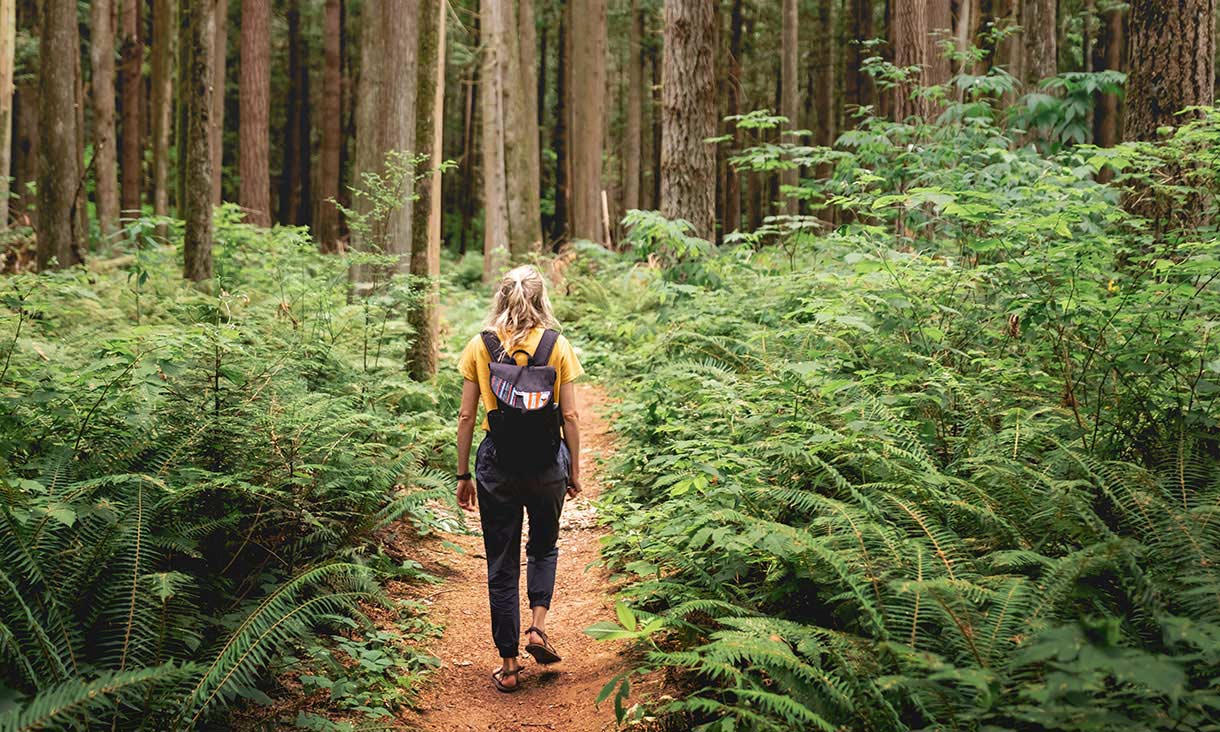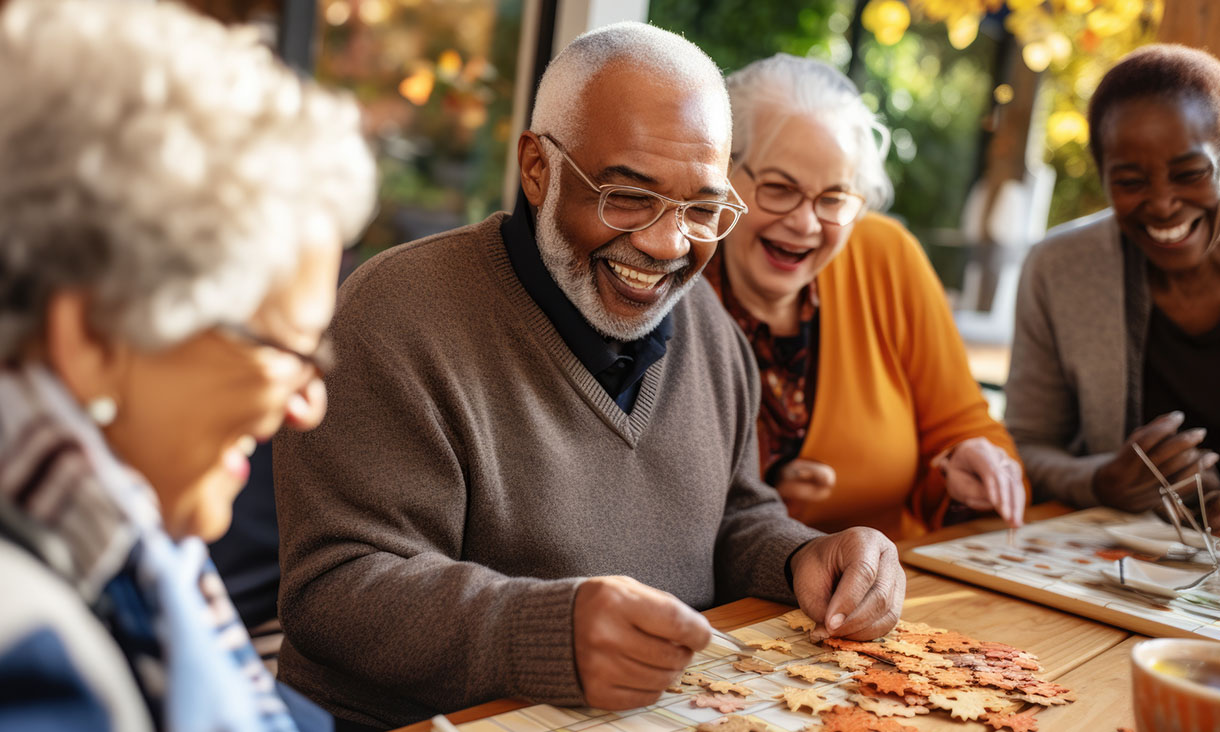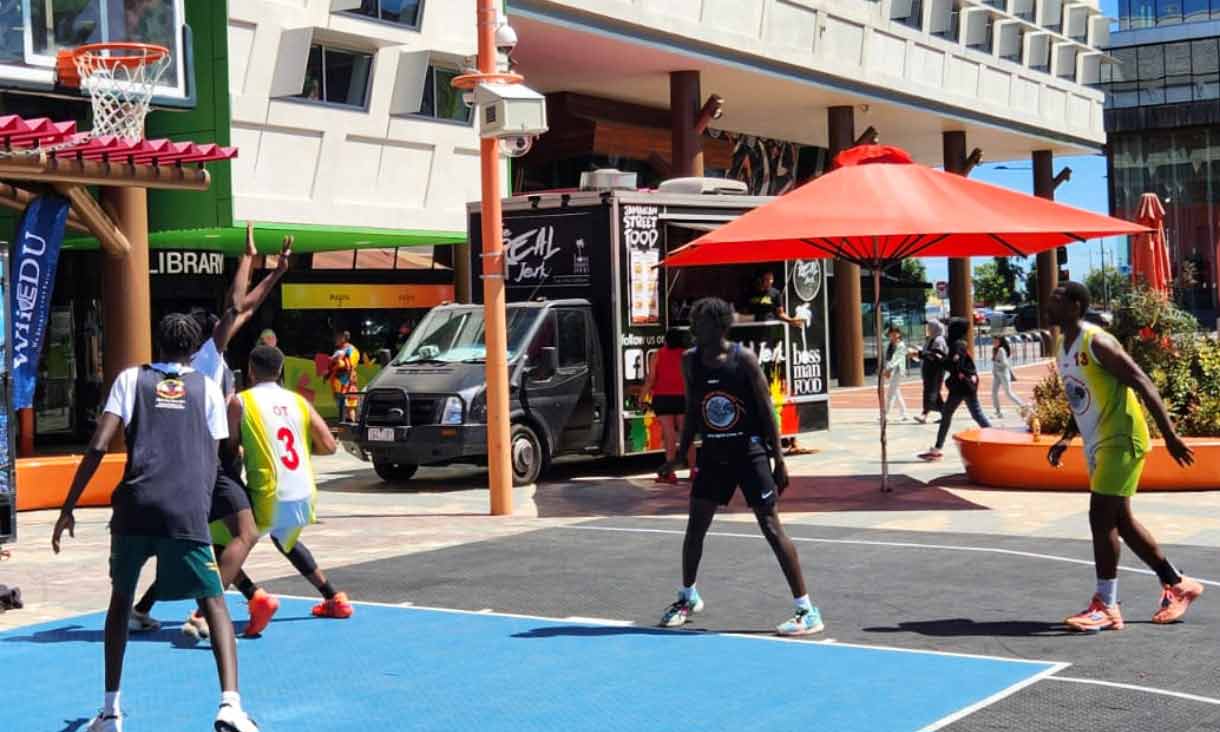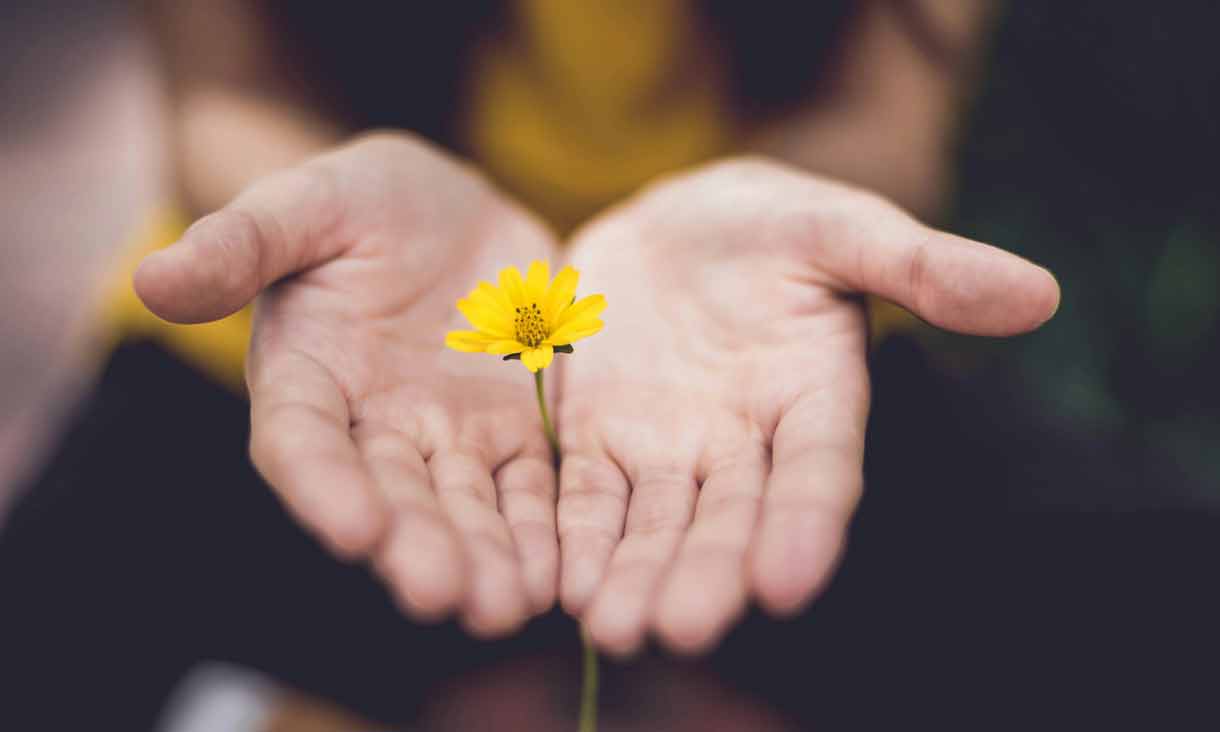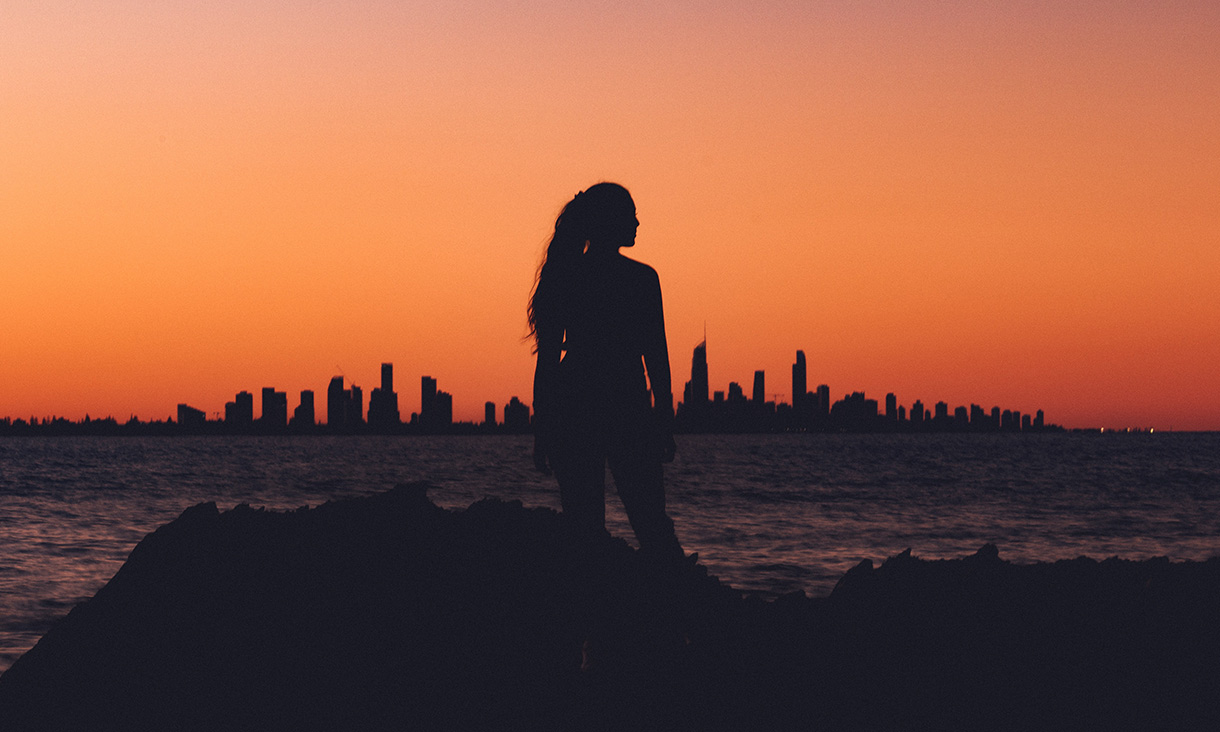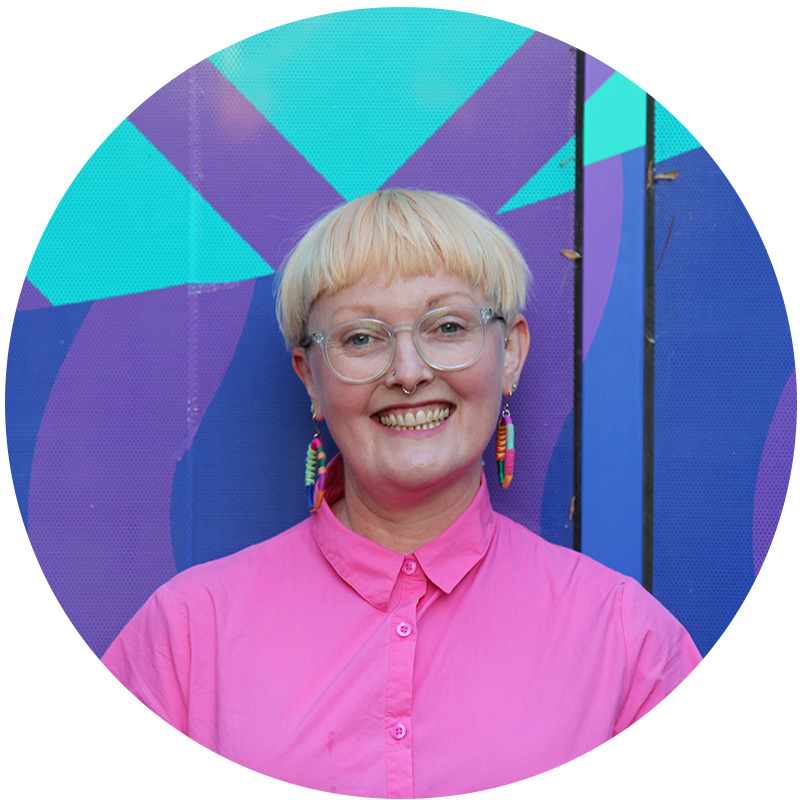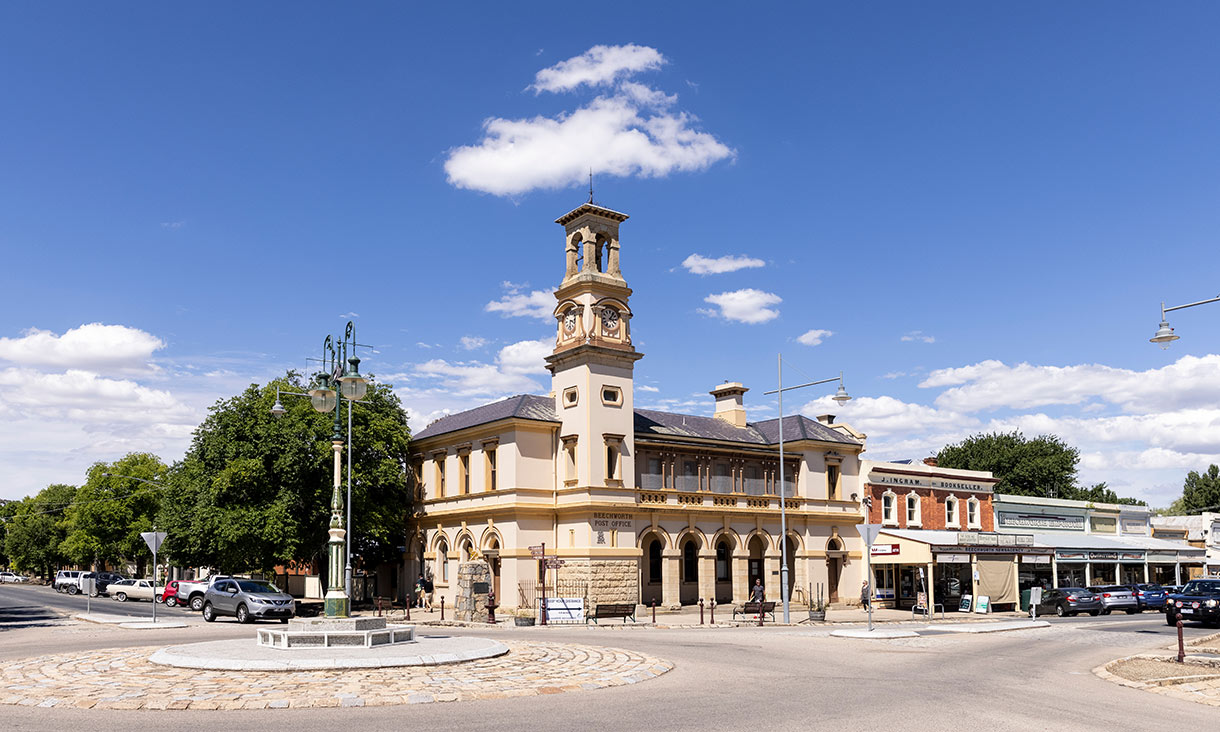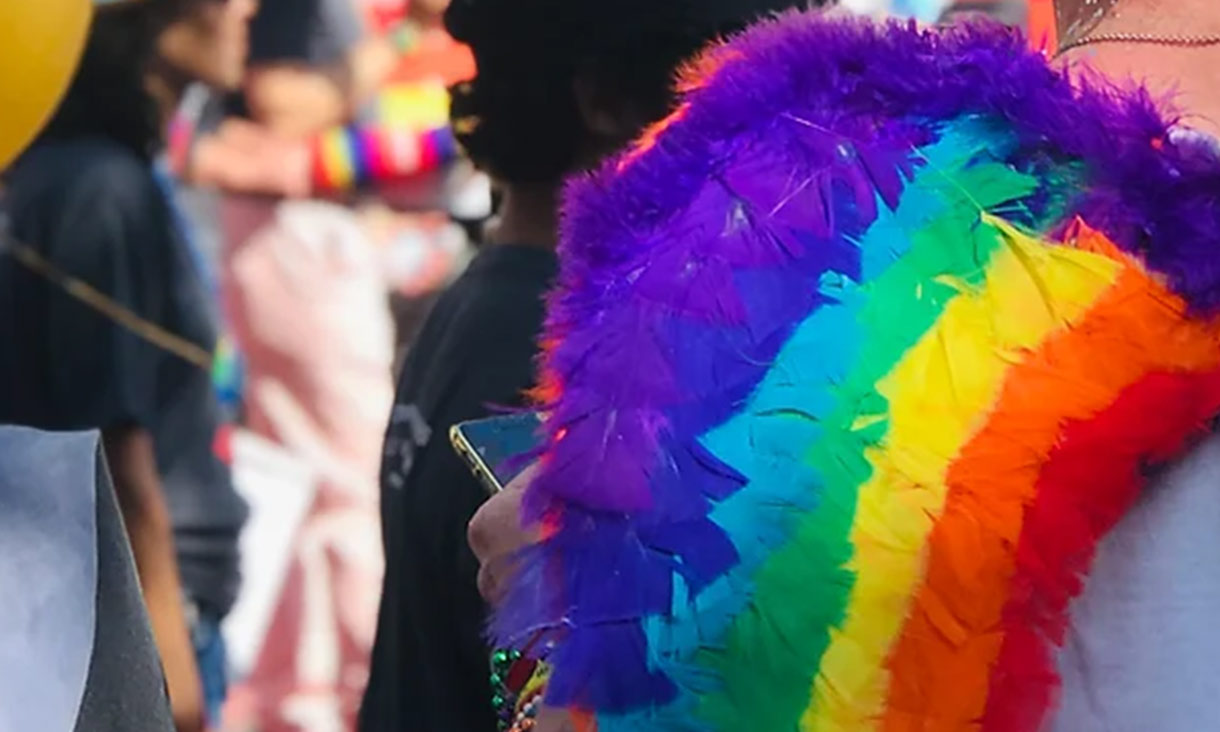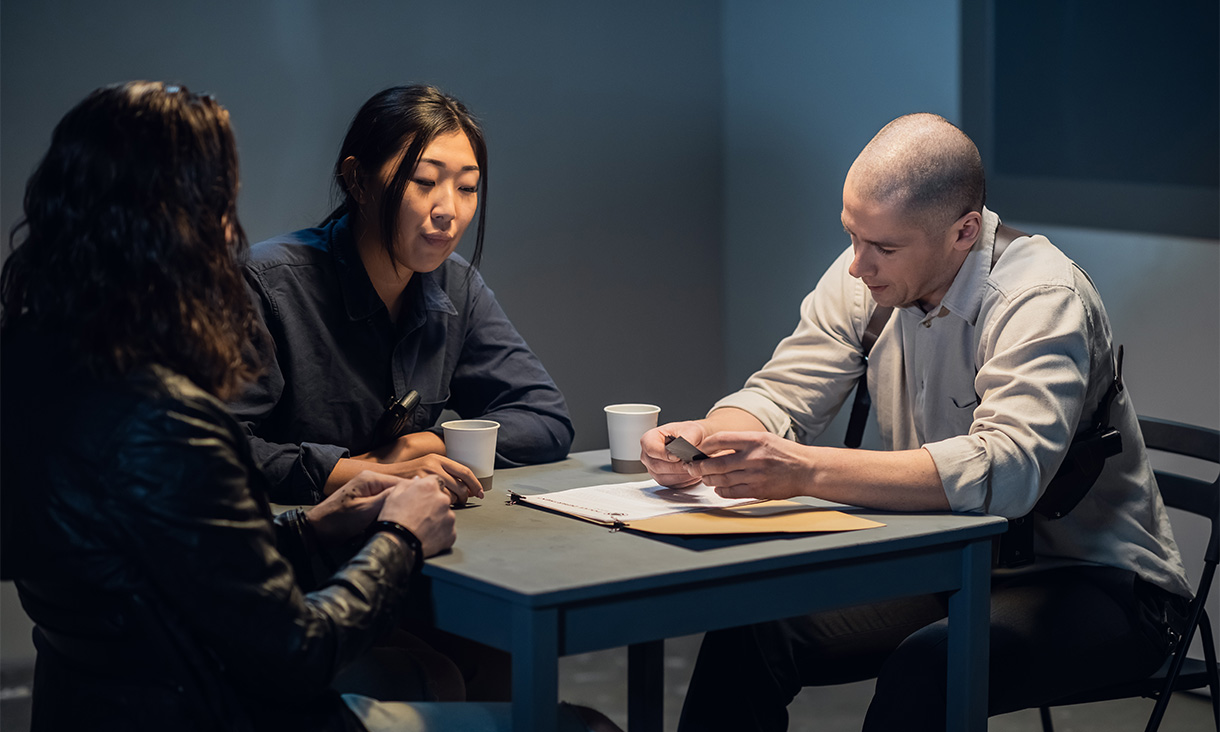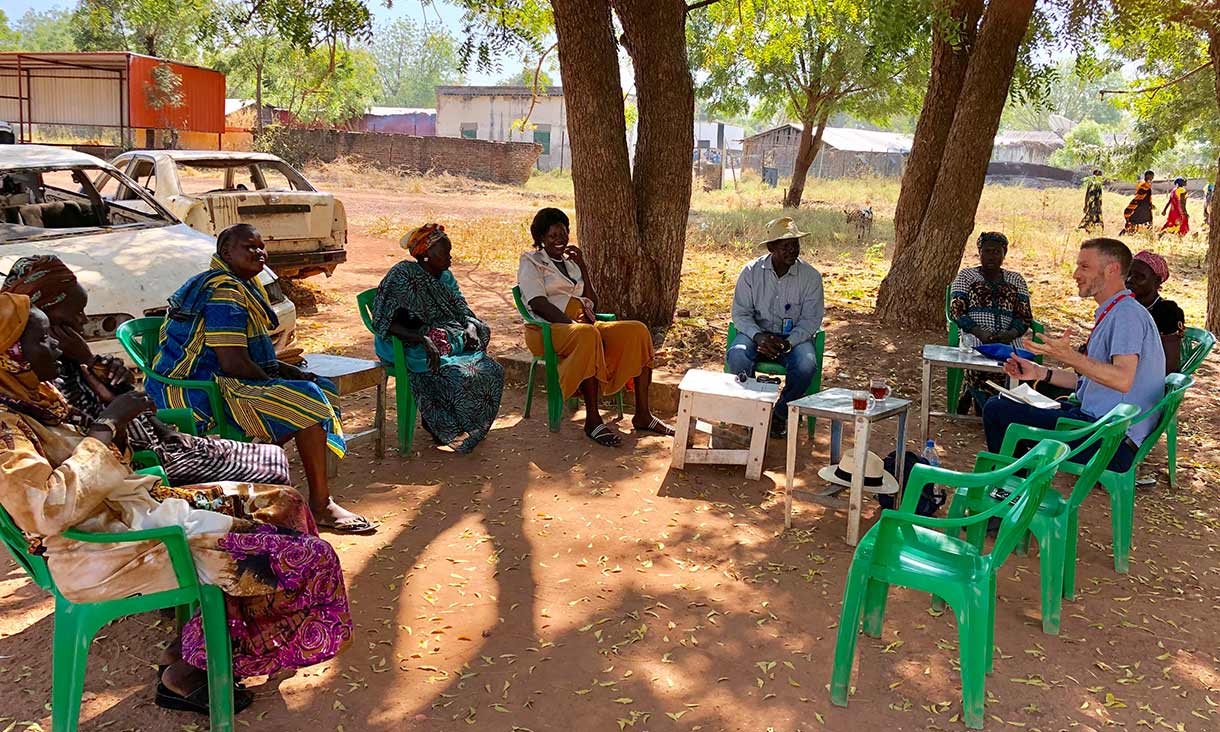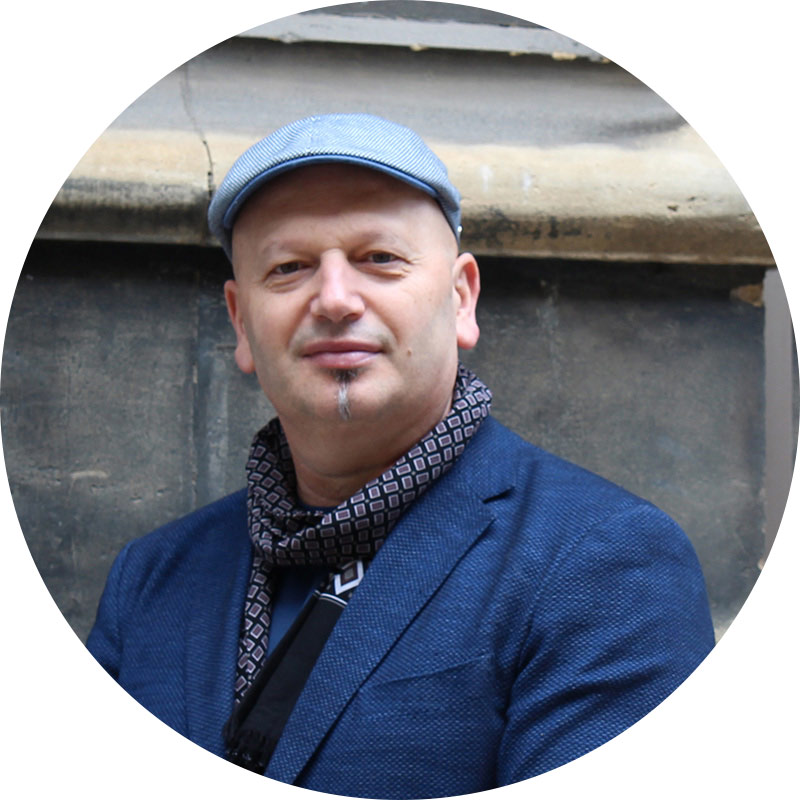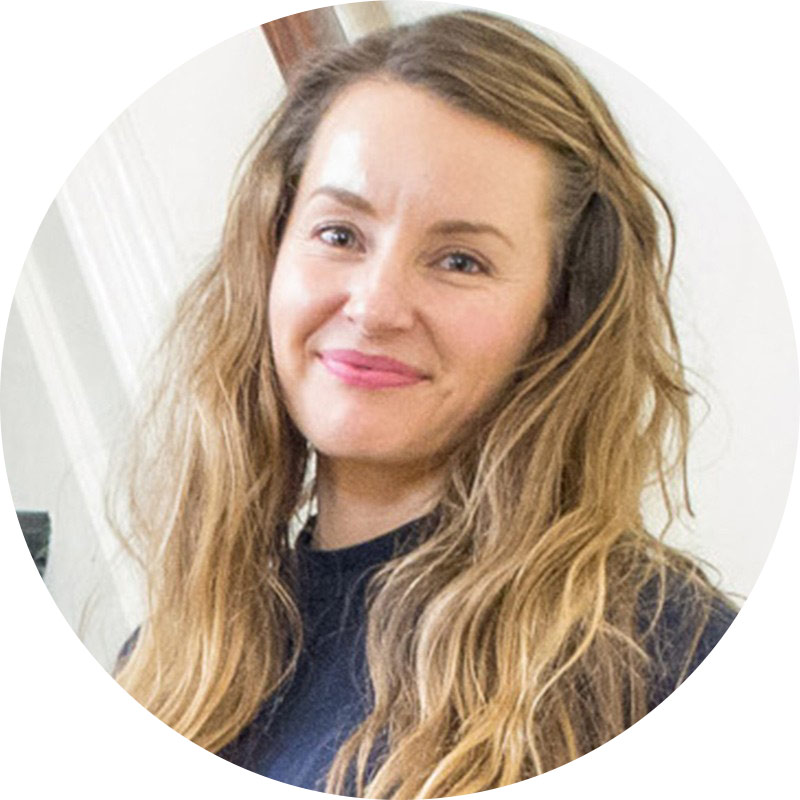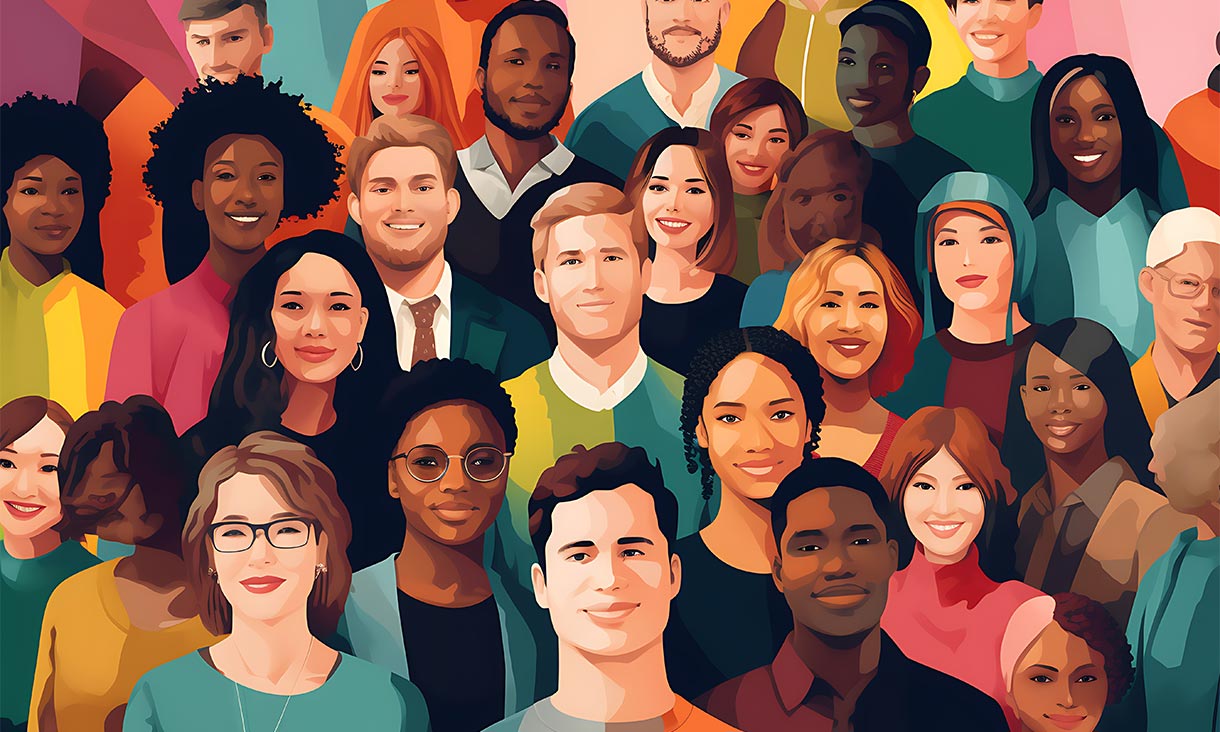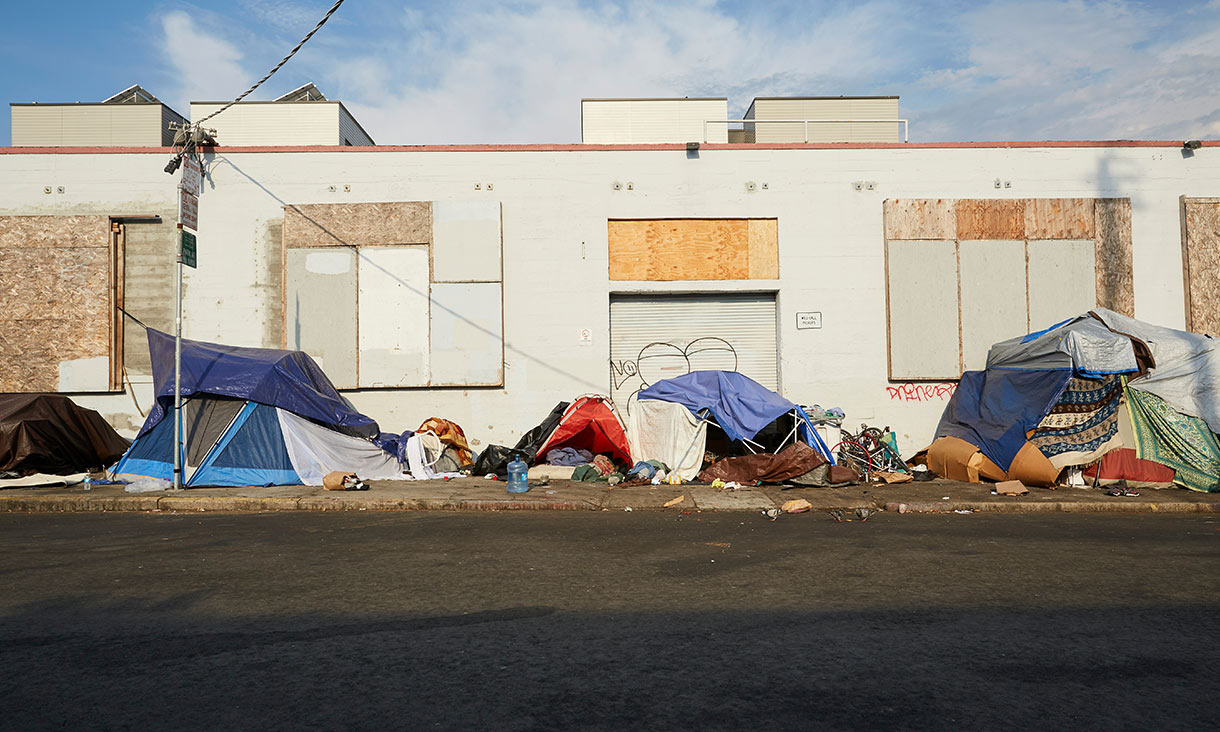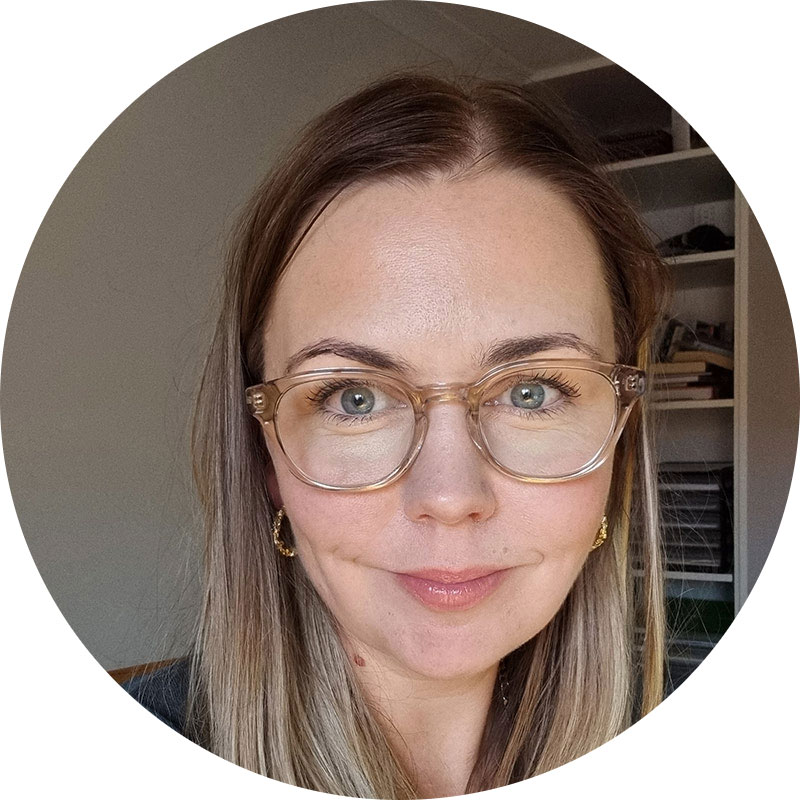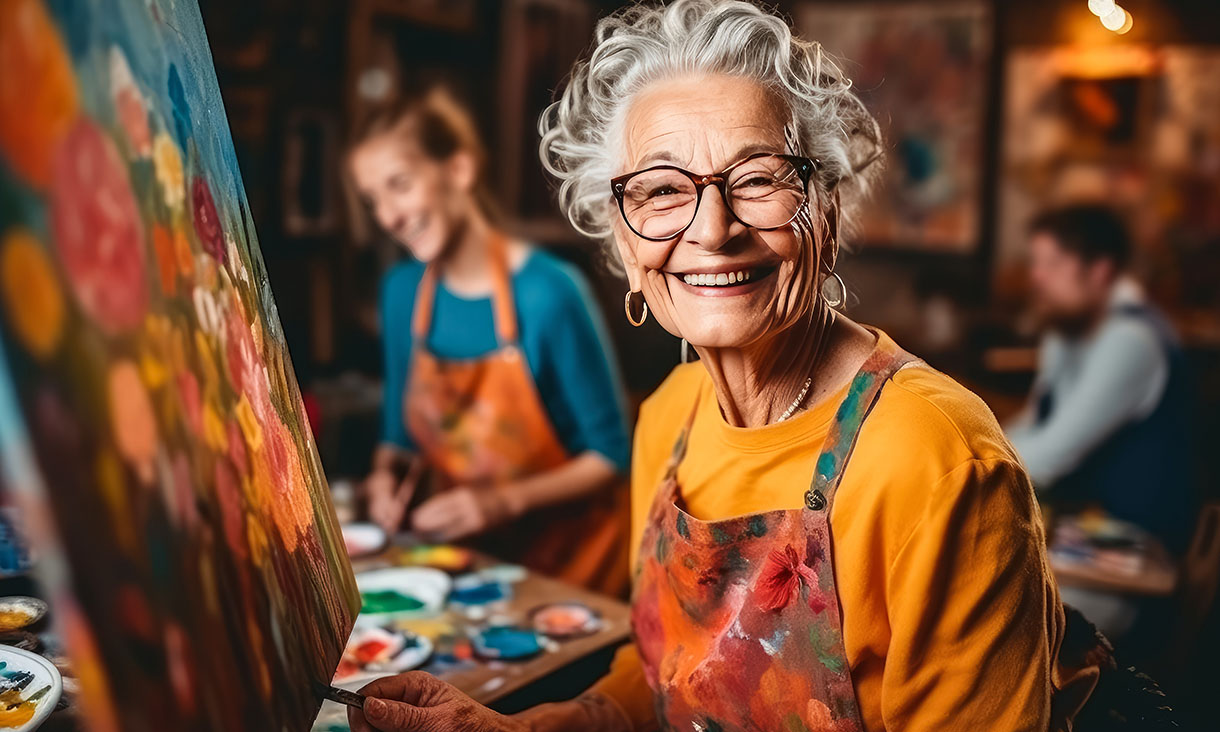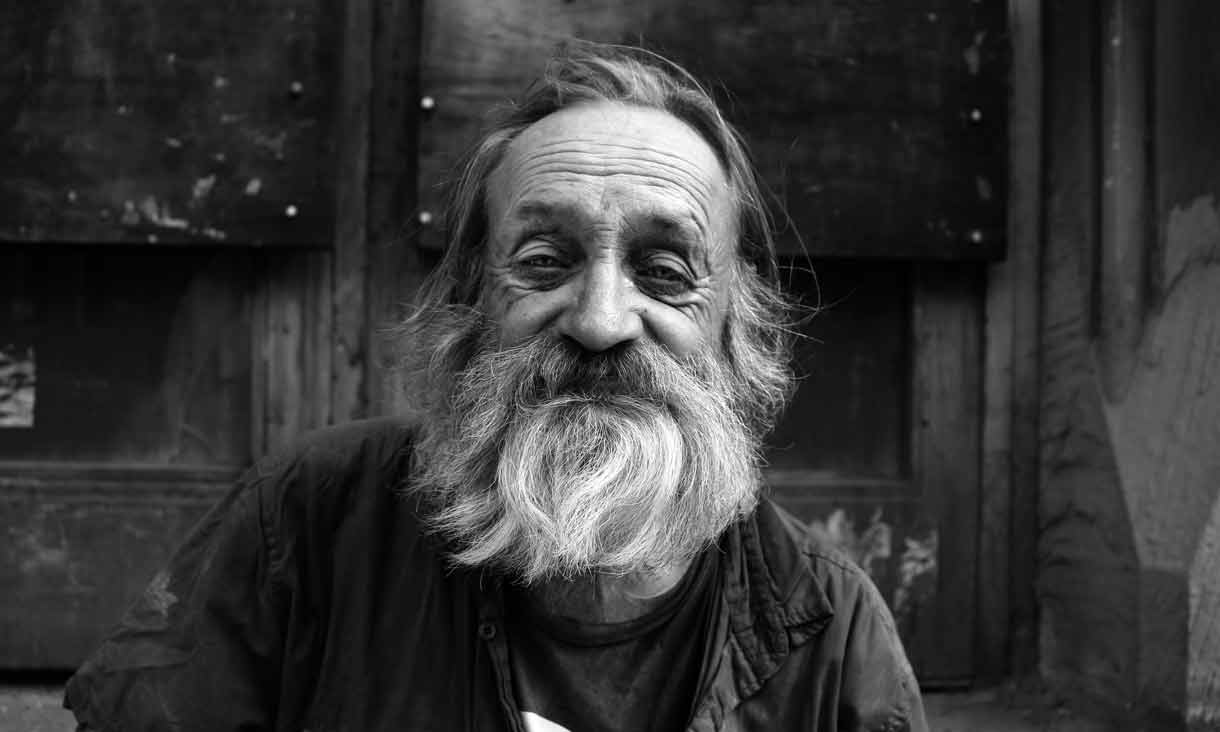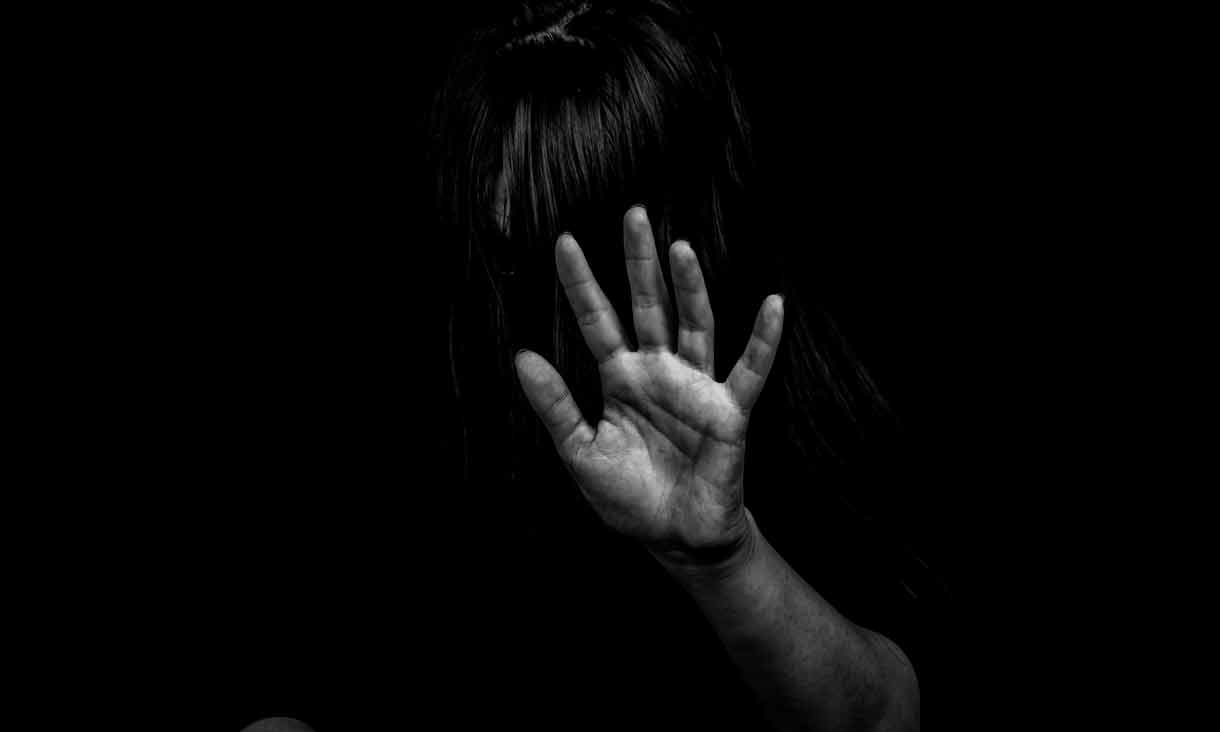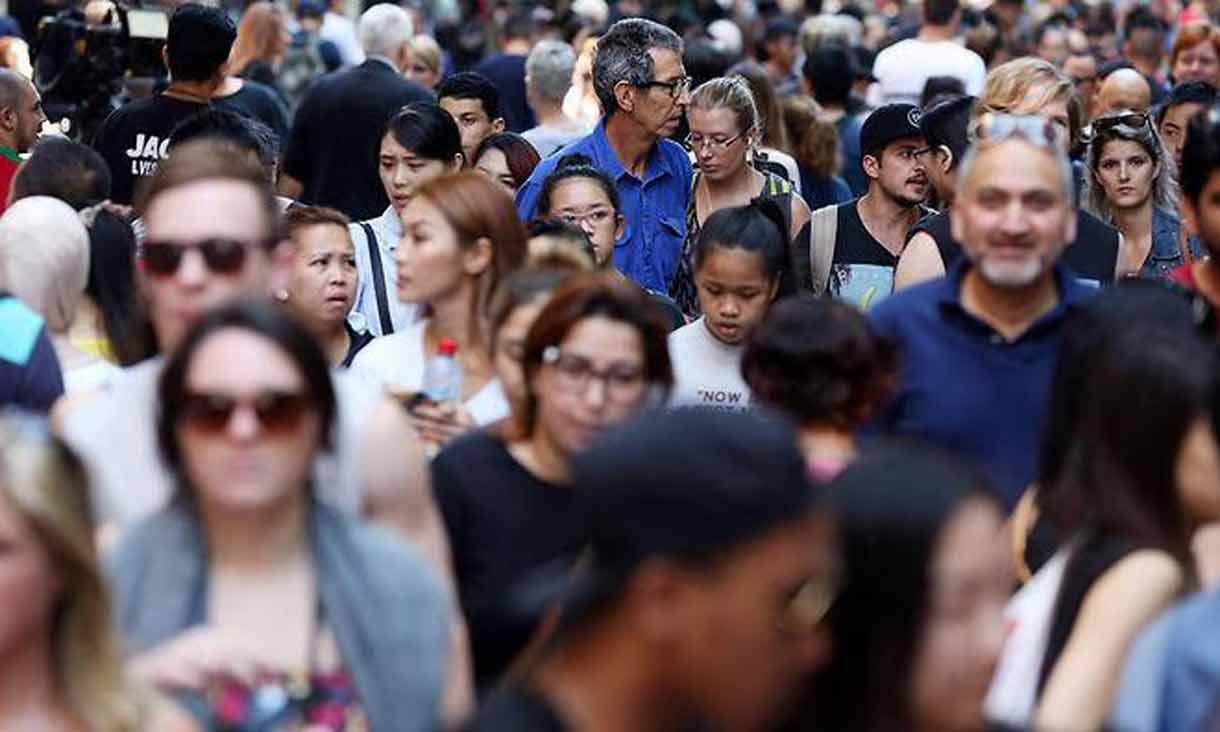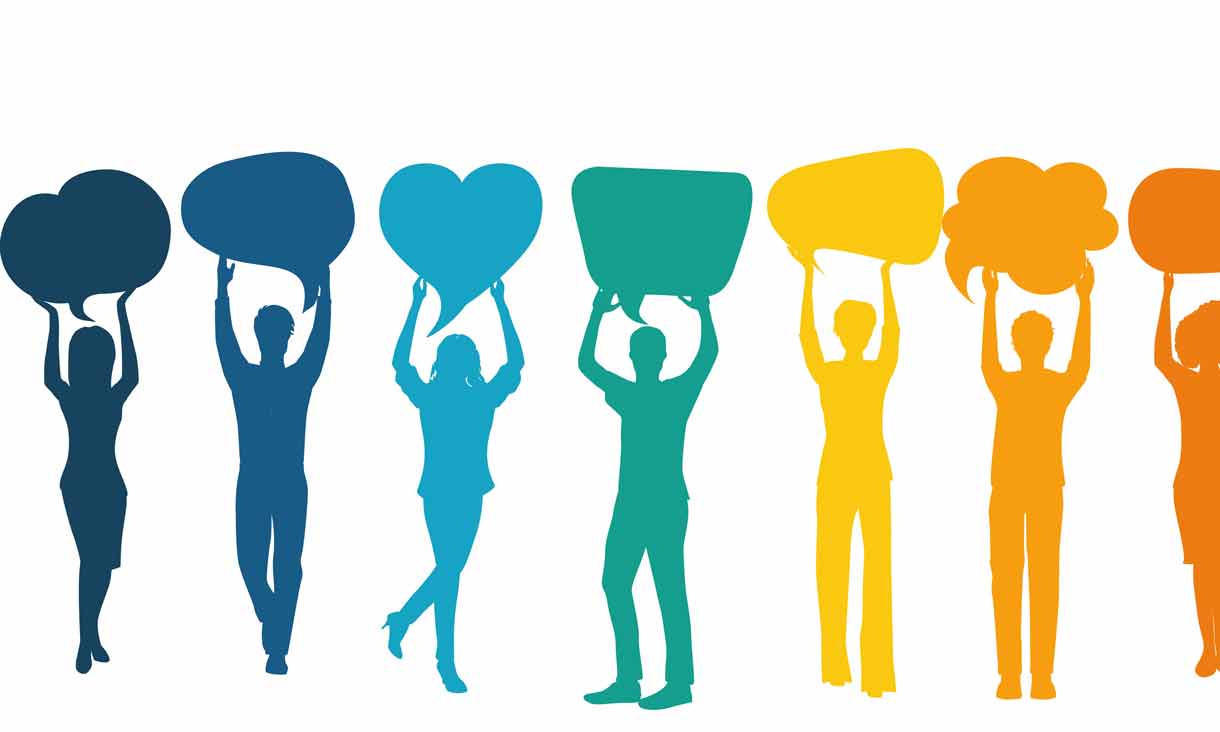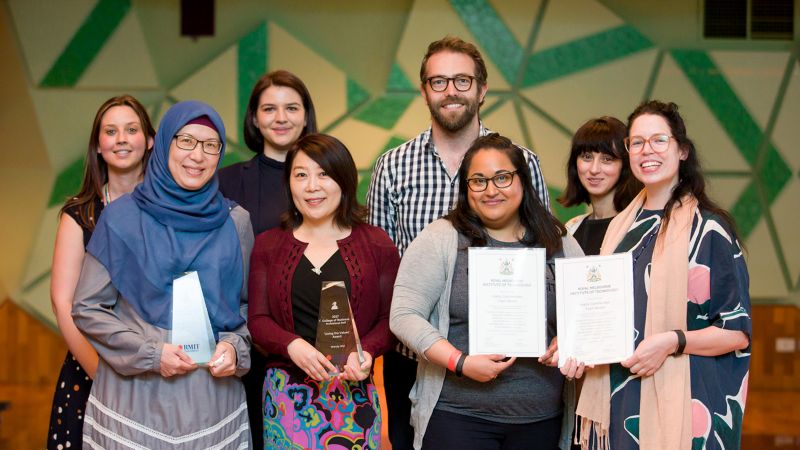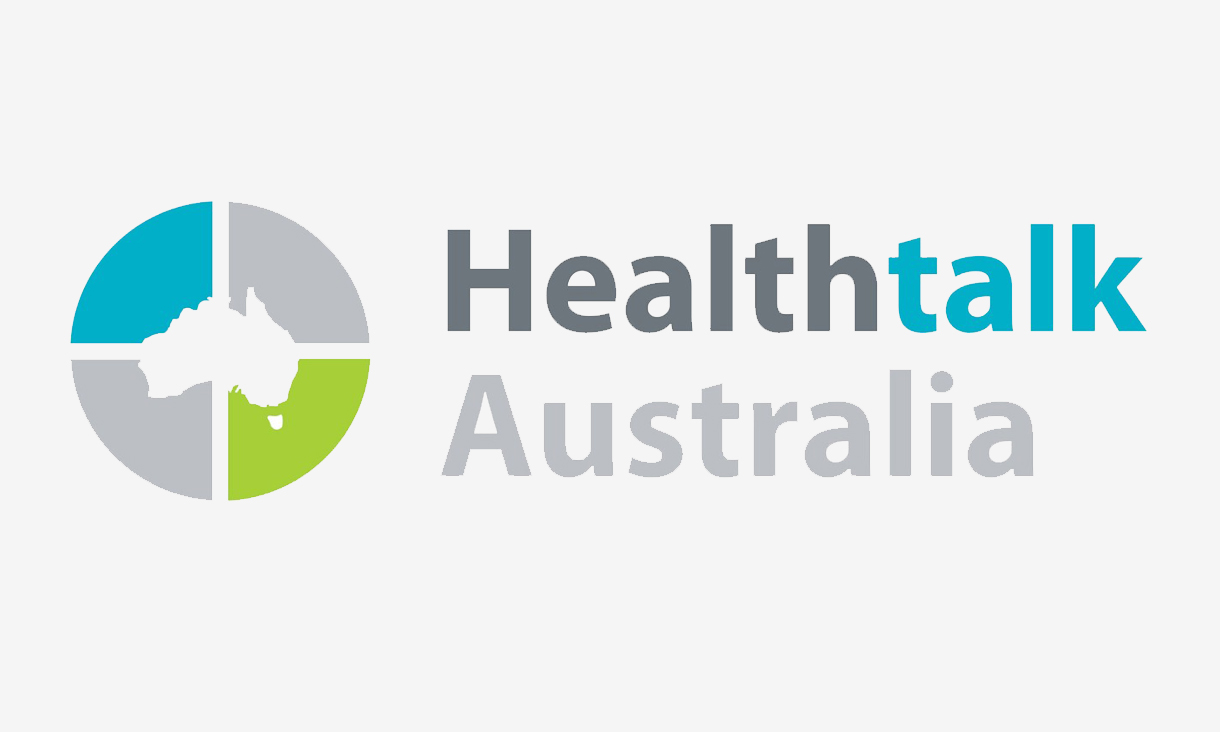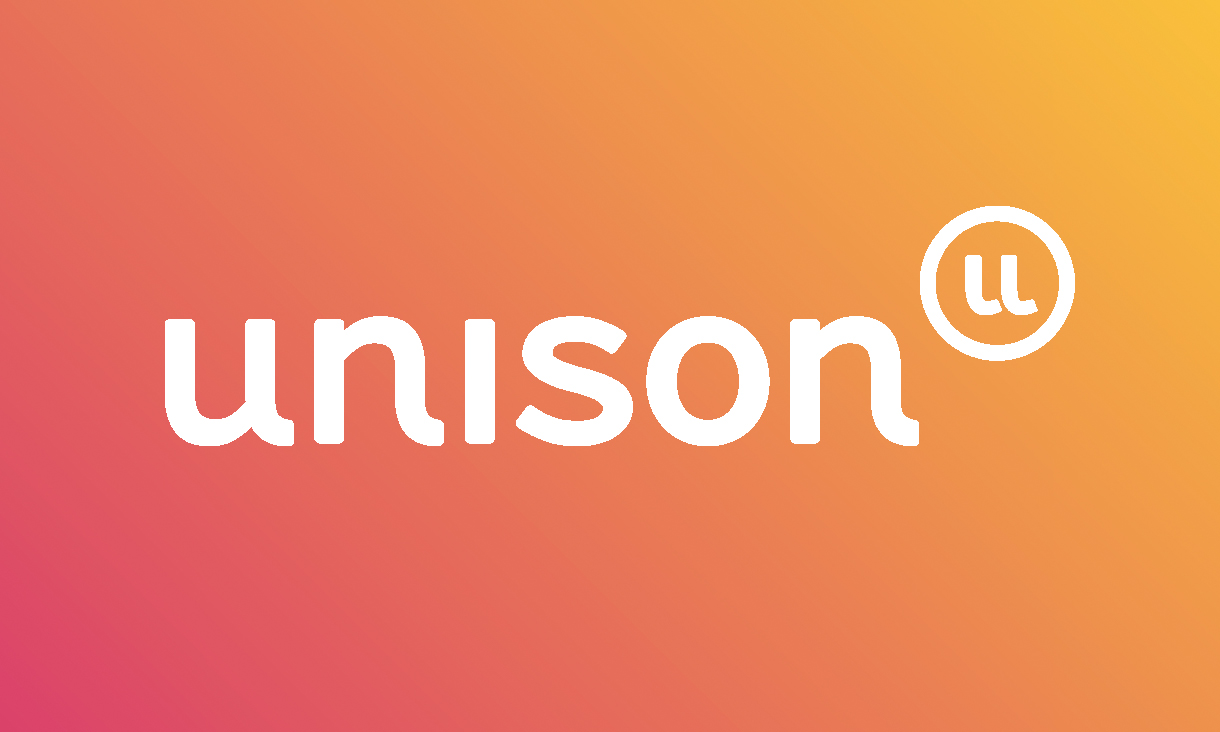Affordable housing options for women with children recovering from family violence / older women who have experienced homelessness
This project is examining the evidence for long term and sustainable housing options for older women and those with children who have experienced family violence related homelessness. Additionally, women from both groups are co-designing these housing solutions.
Building better: neighbourhoods to benefit children with disability
This project aims to identify which neighbourhood features support wellbeing for children with disability. The project expects to advance innovation by combining Australian disability policy, children's lived experience of disability, and high-quality child development and built environment data.
Data to Decisions: Using big data and participatory methods for designing neighbourhoods that support equitable early childhood development
Does neighbourhood design make a difference to early childhood development (ECD)? This project connects urban design and planning disciplines with ECD to explore the impacts of where we live on young children and families.
Evaluating the impact of performance storytelling
This project involves undertaking evaluative research on two performance arts projects, which involve collaborations between people with lived experience, health professionals and arts professionals. The projects aim to demystify mental distress and gambling harm, reduce stigma and communicate the value of lived experience.
Evaluation of Jesuit Social Services’ Mental Health and Wellbeing Connect Centre
This project focuses on evaluating two parts of the new Centre’s approach to supporting and working with families and carers of people who experience mental distress in the western suburbs of Melbourne.
Interventions for better life-time mental health outcomes for young australians with disability
Young Australians with disability face greater difficulty establishing themselves socially and economically as the transition to adulthood than their non-disabled peers, underpinning life-long mental health disadvantage and significant societal costs.
Monitoring, evaluation, and learning for planning and implementation of multi-actor interventions Merri-bek City Council
This project is a research and practice partnership between the staff of Merri-bek City Council and RMIT to evaluate the Human Rights Policy. The project aims to strengthen the planning and implementation of Council initiatives and build new knowledge about how to effectively use theories of change to support the planning and implementation of multi-actor interventions.
On Our Own Terms – Developing lived experience advocacy and leadership for social sector systems change
‘On our own terms’ is an opportunity to hold space for conversations about what is being experienced in the landscape of lived experience advocacy and leadership across Australia.
Re-imagining environments for connection and engagement (RECETAS): testing actions for social prescribing in natural spaces
RECETAS is grounded in participatory principles and explores loneliness through a transdisciplinary lens, integrating social, behavioural, health, and natural sciences. It will use randomised controlled trials (RCT) and other epidemiological, anthropological, and health-economic methods to examine socially and culturally innovative nature-based social prescribing (NBSP).
Social connections in neighbourhood houses
This project employs three community researchers across three neighbourhood houses. The research team works with them to interview 45 neighbourhood house participants and to organise a series of co–design workshops to research the role neighbourhood houses can play in loneliness prevention and mitigation.
The Black Rhinos: A Primary Prevention Approach
Sport-Based Youth Development (SBYD) programs have demonstrated potential to positively influence the psychosocial wellbeing, physical health, education and employment outcomes of young participants from diverse and disadvantaged backgrounds.
The Survivor Hub Evaluation
The project evaluates the impact of the Survivor Hub, which is a survivor-led, not-for-profit organisation operating in NSW and Victoria that creates safe and supportive spaces for survivors of sexual assault.
